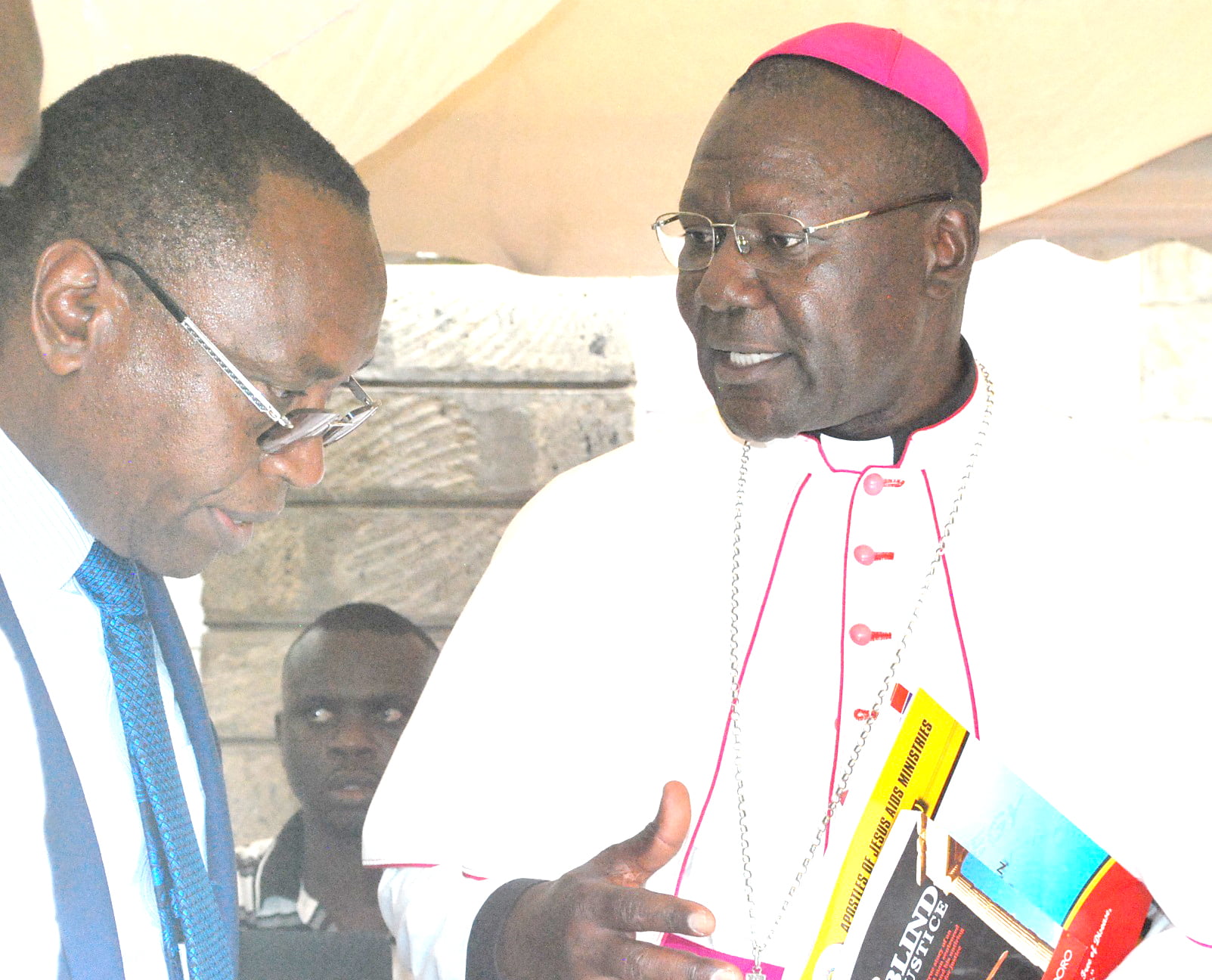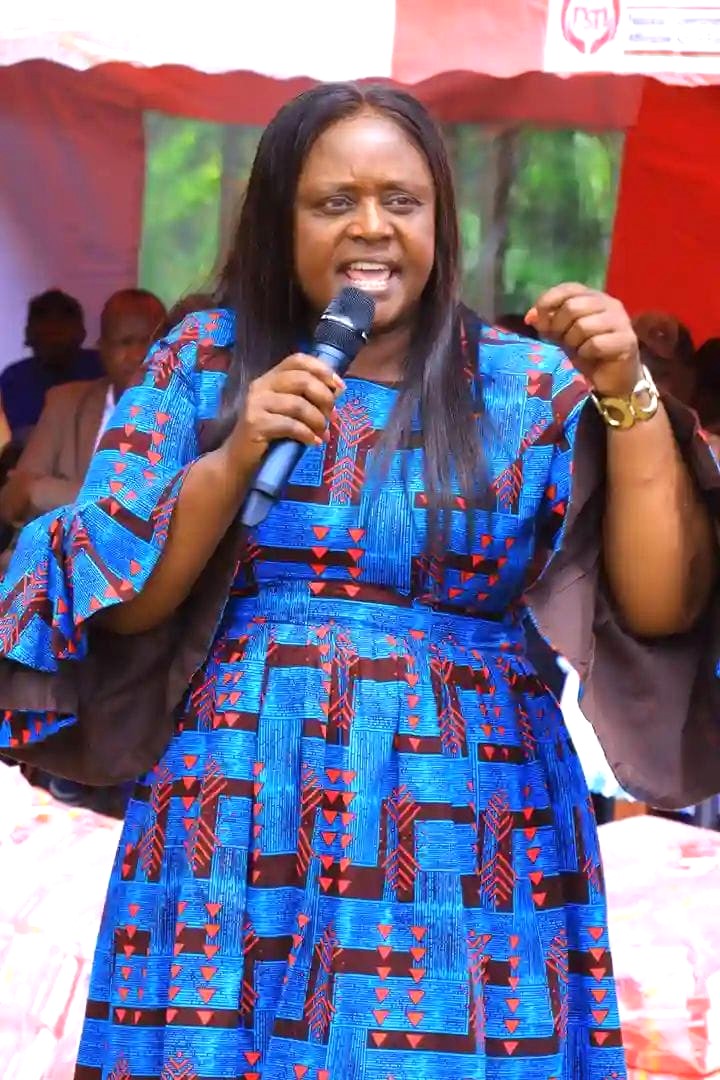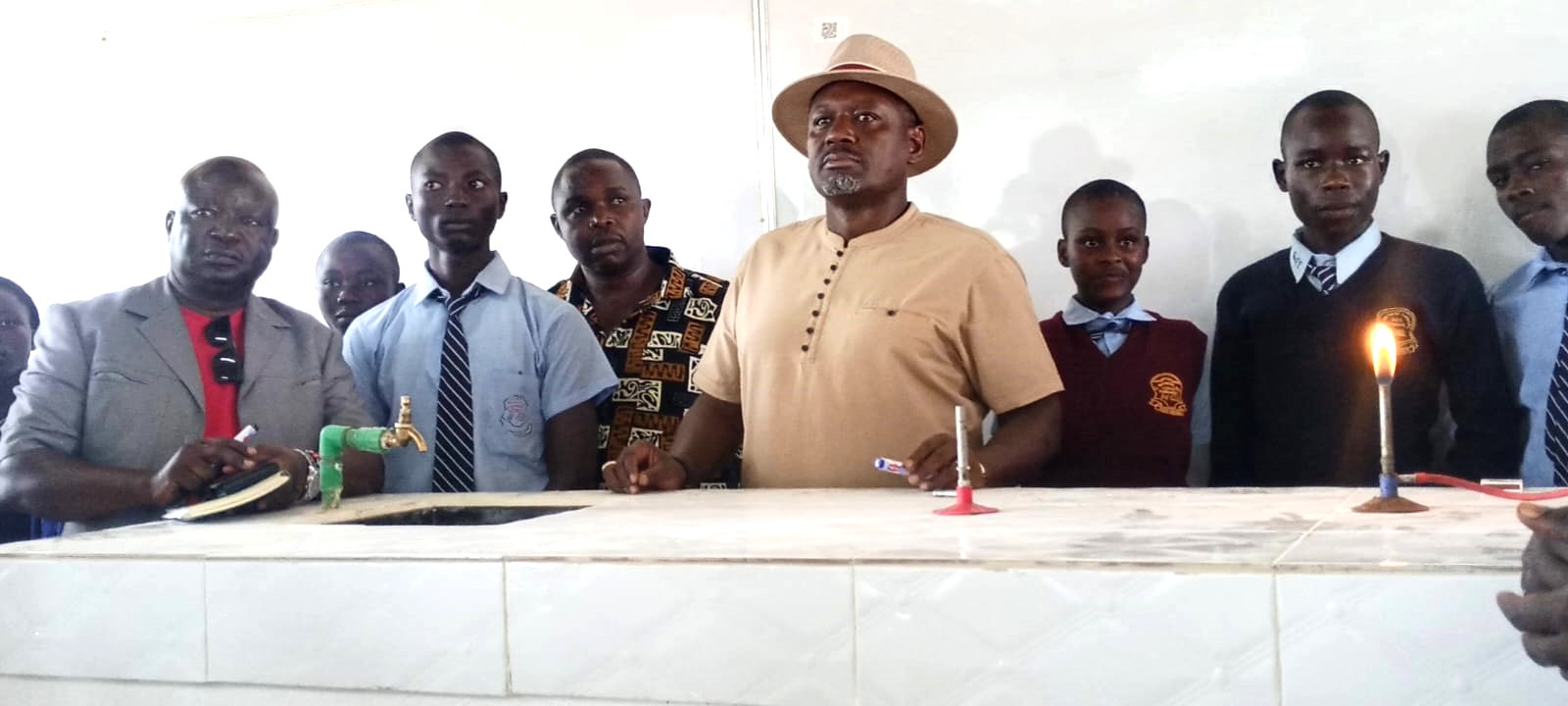By Erick Nyayiera
The Catholic Church is against the introduction of the Comprehensive Sexuality Education Policy (CSE) being fronted by education stakeholders to deal with teen pregnancies in Kenya.
In the Church’s Lenten Campaign 2021 themed “Rebuilding our Nation through Inclusive and Accountable Government” adapted from the book of Nehemiah 2: 17-18 and focusing on the youth, our future, it notes that the Comprehensive Sex Education has elicited heated debate.
The Church in her social teaching documents and various pastoral letters of the bishops has upheld the sanctity of human life from the womb to the tomb. These documents object the sad and unfortunate reality of the society seeking to terminate the life of the unborn as a solution to the problem.
The closure of schools and colleges for a long period exposed the underbelly of parenting and social systems and the lack of a holistic approach to the development of children and youth while exclusively at their homes. Many children lost focus altogether.
The Kenya Conference of Catholic Bishops (KCCB) Chairman Rt. Rev. John Owaa Oballa, Bishop of Ngong alleges CSE’s hidden outrageous proposals and ambiguous definitions have more to it.
He notes “The COVID -19 “holiday” saw many young people engage in drinking sprees and drug abuse, cyber-crime, unbecoming sexual behavior and defilement of minors. Teenage pregnancy cases across the country shot alarmingly.”
According to the document by the KCCB, Comprehensive Sex Education (CSE) is presented as the best way to prevent unplanned teenage pregnancies and unsafe abortions and that proponents insist that governments need to adopt policy measures to address pertinent issues.
Firstly they insist that the policy will guarantee all children access to affordable and effective contraceptives and comprehensive sexuality education, no matter their age. It also seeks to guarantee access to safe abortion services and quality post-abortion care.
The policy also wants the states to respect the right of women to make autonomous decisions about their sexual and reproductive health, thus excluding their partners.
“When deciding on the proposed Comprehensive Sex Education, the term “age appropriate” is ambiguous. It was initially used to effectively protect children from exposure to harmful and explicit sexual education. However, sexual rights activists strategically use it to give a false sense of security in those who want to protect the innocence of children whereas it is they who will determine the definition of this “age appropriate”, said the bishop.
He adds that children bearing children should be of serious social concern of every right-thinking individual and that every stakeholder in the society must seek to mitigate and end these sad realities.
“We should focus on how to prevent unwanted pregnancies through positive means such as mentorship and behavior change programs, life skills and human sexuality programs. These should include a closer attention to social issues that lead to poverty, illness, fornication, peer pressure and uneasiness among people,” says an expert.






